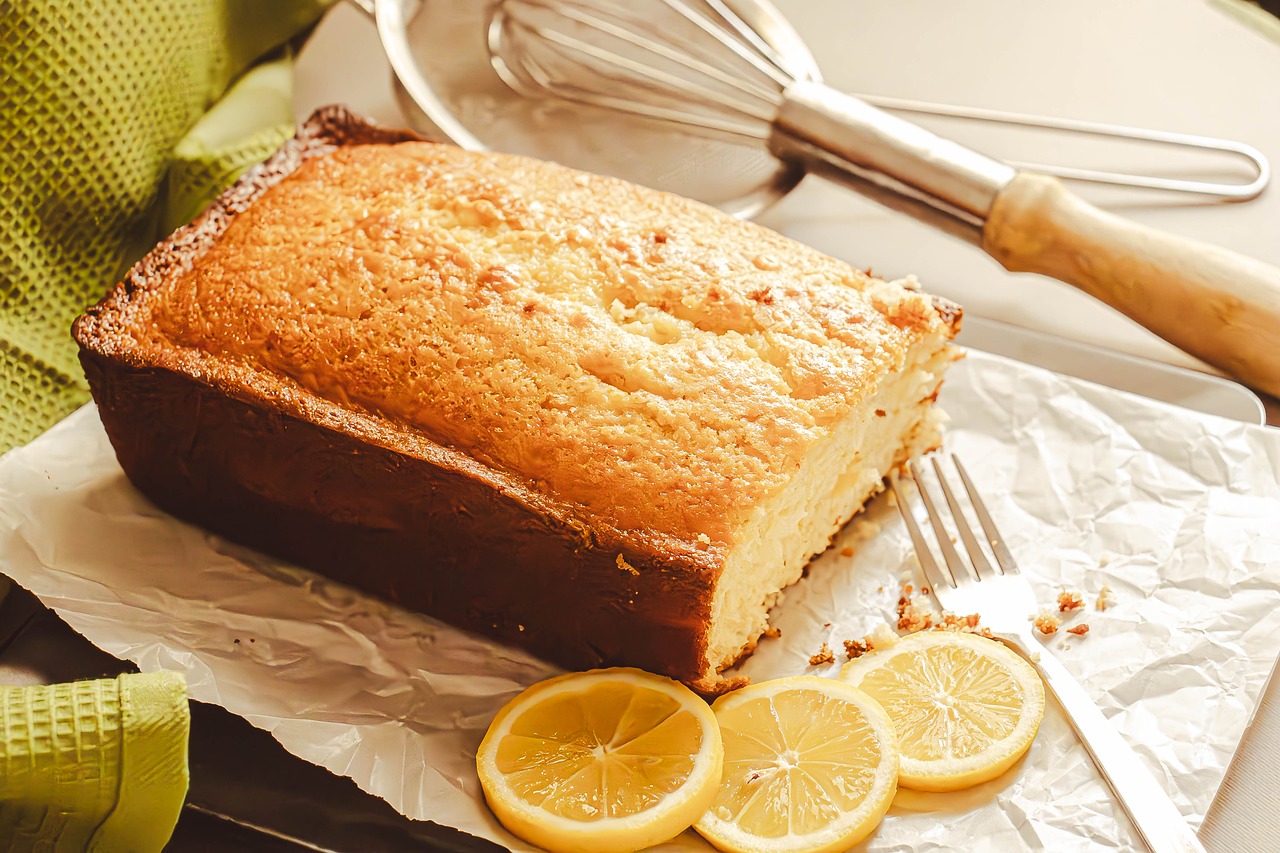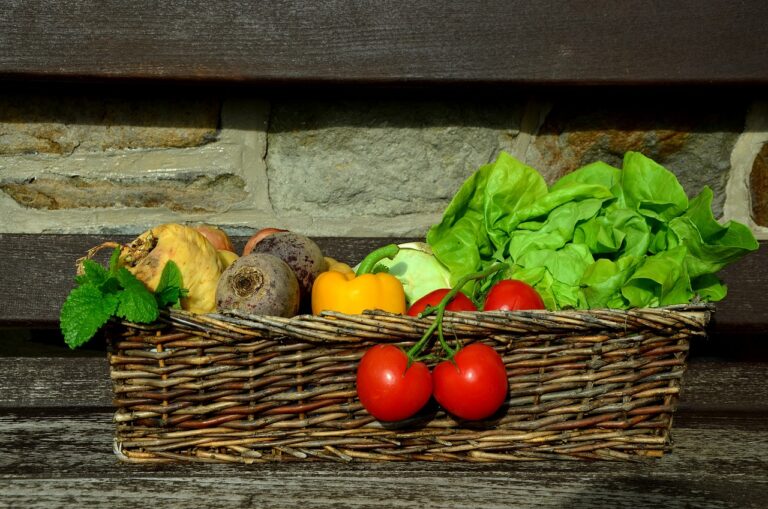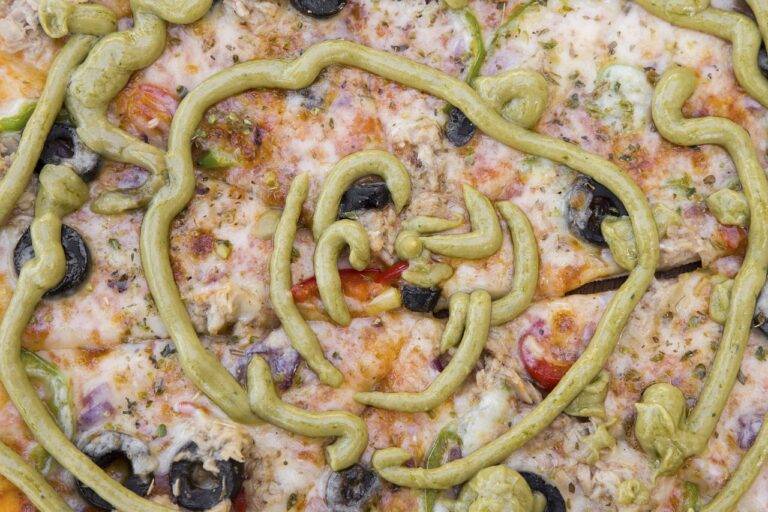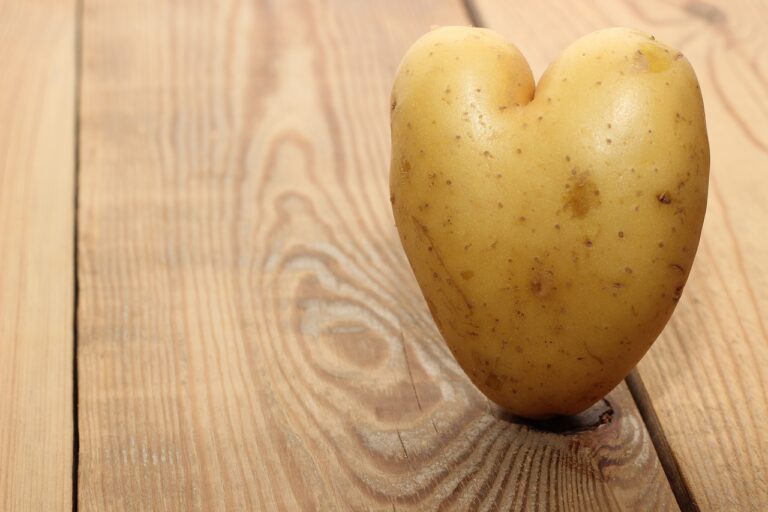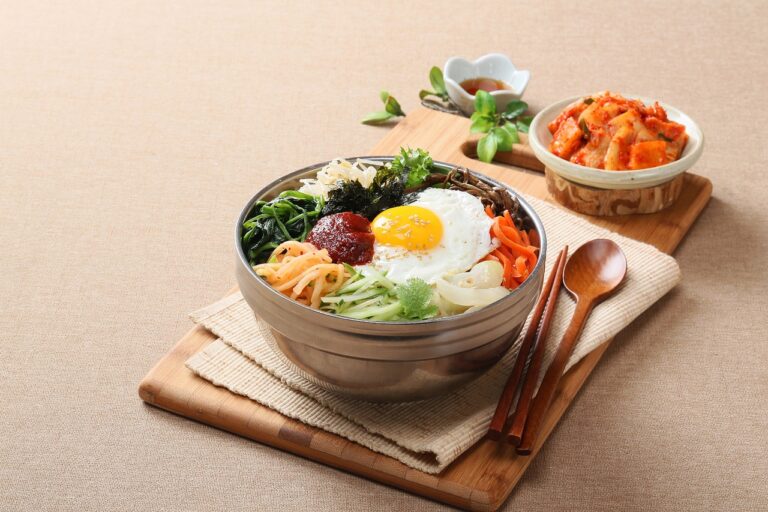Gluten-Free Cooking: Tips and Delicious Recipes
Individuals who suffer from gluten intolerance or celiac disease often experience significant improvements in their overall health and well-being when they adhere to a gluten-free diet. By eliminating gluten-containing foods from their meals, they can reduce inflammation in the body, alleviate digestive issues, and boost their energy levels. Moreover, some people find that following a gluten-free diet can help them manage certain skin conditions and autoimmune diseases more effectively.
For many individuals, adopting a gluten-free diet can also lead to weight loss and better weight management. By cutting out gluten, which is often found in processed and calorie-dense foods, individuals may be more inclined to consume whole, nutrient-dense foods that support their weight loss goals. Additionally, some people report feeling less bloated and experiencing improved digestion after eliminating gluten from their diets.
• Individuals with gluten intolerance or celiac disease can experience improvements in overall health and well-being on a gluten-free diet
• Reduction of inflammation, alleviation of digestive issues, and increased energy levels are common benefits
• Some find that managing skin conditions and autoimmune diseases becomes easier on a gluten-free diet
• Weight loss and better weight management can be achieved by cutting out processed, calorie-dense foods containing gluten
• Consumption of whole, nutrient-dense foods may increase on a gluten-free diet, supporting weight loss goals
• Many report feeling less bloated and experiencing improved digestion after eliminating gluten from their diets
Understanding Gluten and its Effects on the Body
Gluten is a protein found in wheat, barley, and rye that can cause adverse reactions in some individuals. When gluten is consumed by those who are sensitive or intolerant to it, it can trigger an immune response that damages the lining of the small intestine. This damage can lead to a range of symptoms, such as bloating, diarrhea, fatigue, and abdominal pain.
For individuals with celiac disease, an autoimmune condition triggered by gluten consumption, the effects can be even more severe. Celiac disease can lead to long-term complications if left untreated, including nutrient deficiencies, osteoporosis, and increased risk of certain cancers. It is essential for those with celiac disease or gluten sensitivity to strictly avoid gluten-containing foods to prevent further damage to their bodies.
Essential Ingredients for Gluten-Free Cooking
In the realm of gluten-free cooking, there is a myriad of essential ingredients that serve as the foundation for creating delicious dishes. One must-have ingredient is gluten-free flour alternatives such as almond flour, coconut flour, or rice flour. These versatile substitutes can be used in various recipes ranging from baked goods to breaded coatings, providing a suitable alternative for traditional wheat flour.
Another indispensable ingredient in gluten-free cooking is gluten-free oats. Oats are naturally gluten-free, but they are often cross-contaminated during processing. Thus, opting for certified gluten-free oats ensures they are safe for consumption. These oats can be utilized in breakfast dishes like oatmeal or incorporated into baked goods for added texture and flavor. By stocking up on these essential ingredients, individuals can embark on a flavorful gluten-free culinary journey with confidence and creativity.
What are the benefits of a gluten-free diet?
A gluten-free diet can help alleviate symptoms for individuals with gluten sensitivities or celiac disease. It can also improve digestion, increase energy levels, and promote overall well-being.
What is gluten and how does it affect the body?
Gluten is a protein found in wheat, barley, and rye. For individuals with gluten sensitivities or celiac disease, consuming gluten can trigger an immune response that damages the lining of the small intestine, leading to various health issues.
What are some essential ingredients for gluten-free cooking?
Some essential ingredients for gluten-free cooking include gluten-free flours such as almond flour, coconut flour, and rice flour, as well as alternative grains like quinoa, buckwheat, and millet. Other key ingredients include gluten-free oats, tapioca starch, and xanthan gum for binding purposes.

